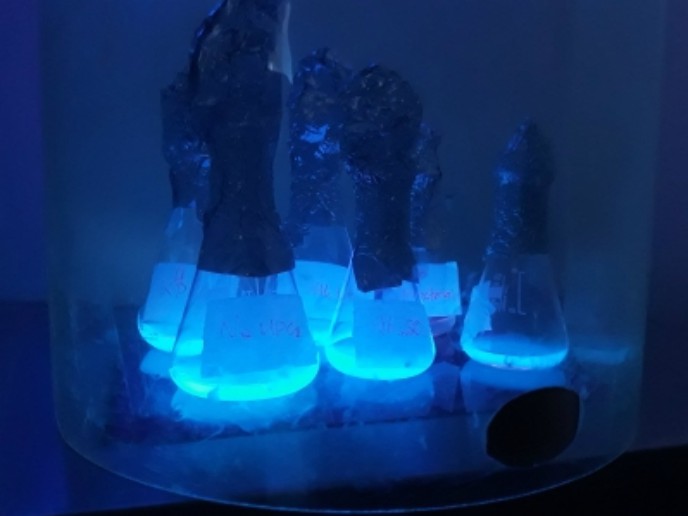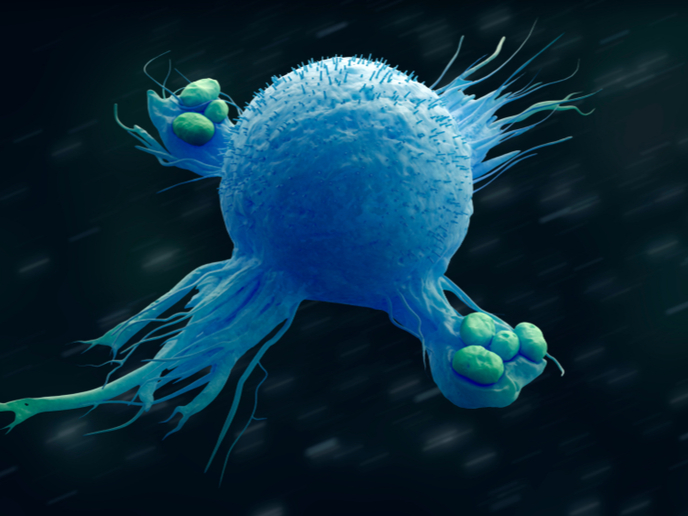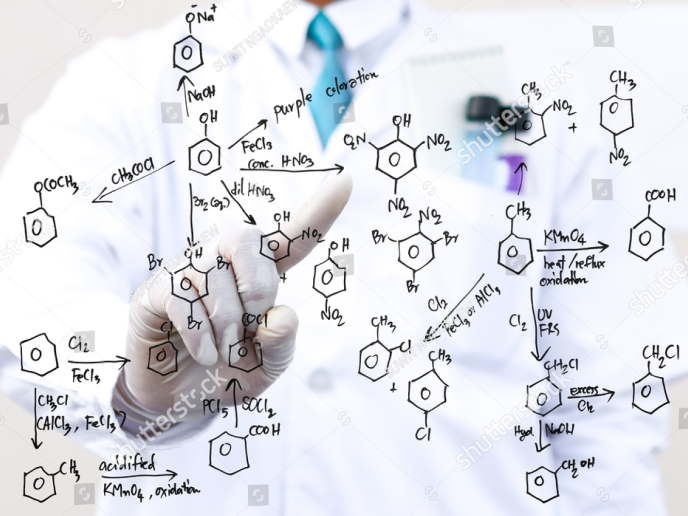Cold-adapted proteins boost anti-freeze protection
Cold-adapted enzymes that retain high specific activity at low temperatures are of interest in various biotechnological applications such as the development of detergents and food processing. Ice-binding proteins protect organisms in cold habitats from freezing or ice injuries by inhibiting the formation of ice crystals. These proteins have the potential to be exploited in industry as anti-freezing products. Combining systems biology with bioinformatics The MeTABLE research project, undertaken with the support of the Marie Curie programme, was a collaborative effort towards acquiring new insight into the mechanism of adaptation of organisms living in cold environments. Industrial and academic partners combined bioinformatics, molecular biology and biochemistry approaches to develop tools for the genomic analysis and directed evolution of enzymes from Antarctic microbes . “The idea was to characterise and produce bio-active molecules from cold-adapted microorganisms,″ explains project coordinator, Dr Sandra Pucciarelli. Researchers analysed and annotated genomic sequences from psychrophilic and mesophilic protozoa, and developed new tools for the genomic analysis of microorganisms from extreme environments. Investigation of extremophile metabolic pathways helped the scientific teams understand environmental adaptation to sub-zero conditions and to exploit novel enzymes for industrial purposes. Macro potential unveiled Bacterial strains isolated from Antarctic marine ecosystems such as the Marinomonas species demonstrated the ability to recycle organic material present in the sea floor and to produce secondary metabolites. In particular, researchers unveiled the presence of metabolic pathways that utilise aromatic compounds as alternative carbon sources or other pollutants to produce antibiotics. This finding suggested the potential use of this bacterial species for bioremediation purposes and for the production of bio-active molecules. Amlylases hydrolyse starch and represent approximately 30 % of the world's enzyme market with numerous industrial applications. During MeTABLE, scientists isolated amylases with high activity at low temperatures from the Antarctic protozoon Euplotes focardii. Through molecular engineering they successfully enhanced the stability of these enzymes, making them less thermolabile and more suitable for industrial applications. Part of the project was also devoted to the family of superoxide dismutase enzymes, which are involved in detoxification from oxidative stress. Biochemical characterisation of these molecules provided important insight into their mode of action. Biotechnological value of MeTABLE discoveries Overall, the MeTABLE research led to the characterisation of biomolecules that function under low temperature, high salt concentration or extreme pH conditions, and are implicated in the adaptation to extreme environments. These molecules may be of interest for industrial or everyday applications such as food processing, food preservation and antibiotics. In particular, cold-adapted enzymes lower energy consumption in catalysed reactions compared to mesophilic or thermophilic homologs, providing obvious economic benefits. Furthermore, the MeTABLE discoveries have led to novel patented products with great commercialisation potential. New applications have opened up including water decontamination devices and healthcare with a significant impact on the everyday life of European citizens. Importantly, the project has increased the visibility of partners in the scientific community, laying the foundation for new collaborations with the industry. In view of the future, Dr Pucciarelli believes that “protein engineering through rational design and directed evolution is the way forward to tailor enzyme properties to application needs.″







